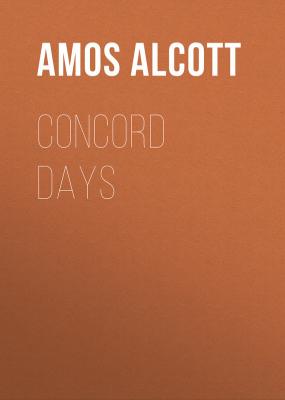Verstegan, in his Restitution of Decayed Intelligence, in Antiquities concerning the most Noble and Renowned English Nation, 1634, treating of the origin of names, says: —
"For a general rule, the reader may please to note, that our surnames of families, be they of one or more syllables, that have either a k or a w, are all of them of the ancient English race, so that neither the k or w are used in Latin, nor in any of the three languages thereon depending, which sometimes causes confusion in the writing our names (originally coming from the Teutonic) in Latin, Italian, French, and Spanish languages. Neither the k nor w being in the Latin nor in the French, they could not be with the Normans in use, whose language was French, as also their surnames. As for the surnames in our Norman catalogue which have in them the letters k and w, which the French do not use, these are not to be thought to have been Norman, but of those gentlemen of Flanders which Baldwin, the Earl of that country and father-in-law unto the Conquerer, did send to aid him. Besides these, sundry other surnames do appear to have been in the Netherlands and not in Normandy; albeit they are without doubt set in the list of the Normans. And whereas in searching for such as may remain in England of the race of the Danes, they are not such as, according to the vulgar opinion, have their surnames ending in son. In the Netherlands, it is often found that very many surnames end in son, as Johnson, Williamson, Phillipson, and the like; i. e. sons of that name of John, etc.
"Then some have their surnames according to the color of hair or complexion, as white, black, brown, gray, and reddish; and those in whom these names from such causes begin, do thereby lose their former denomination. Some again for their surnames have the names of beasts; and it should seem for one thing or another wherein they represented some property of theirs; as lion, wolf, fox, bull, buck, hare, hart, lamb, and the like. Others of birds; as cock, peacock, swan, crane, heron, partridge, dove, sparrow, and the like. Others of fish; as salmon, herring, rock, pilchard, and the like. And albeit the ancestors of the bearers of these had in other times other surnames, yet because almost all these and other like names do belong to our English tongue, I do think him to be of the ancient English, and if not all, yet the most part. And here by occasion of these names, I must note, and that as it were for a general rule, that what family soever has their first and chief coat of arms correspondent unto their surname, it is evident sign that it had that surname before it had those arms."
